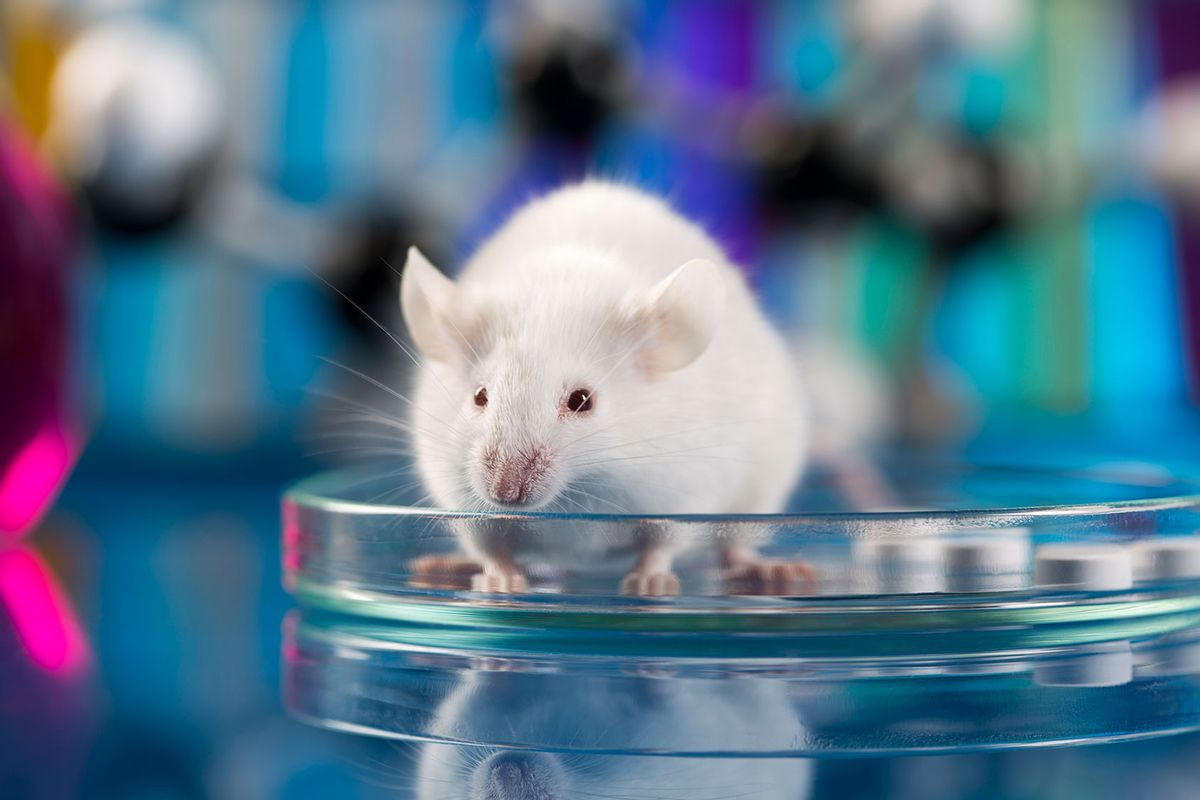Despite recent challenges faced by the International Space Station (ISS), such as Russian cosmonauts dealing with a cooling leak during a spacewalk and NASA’s plan to eventually crash the ISS into the ocean, there is a groundbreaking development in the field of biological sciences. A study published in the journal iSciences reveals that for the first time, mouse embryos have been successfully cultured and grown in space onboard the ISS. This achievement opens up the possibility of human reproduction beyond Earth, whether it’s on Mars or other celestial bodies Salon.
In this experiment, mouse embryos cultivated to the two-cell stage were frozen and sent to space. Upon arrival at the ISS, the embryos were thawed and carefully cultivated by astronauts using specialized equipment. Four days later, the cultivated embryos were preserved in paraformaldehyde and returned to Earth. Molecular biologist Teruhiko Wakayama and his team from the University of Yamanashi studied the results, finding that although fewer embryos survived than their Earth-cultivated counterparts, the surviving embryos developed normally Salon.
“Considering that a future trip to Mars would take more than six months, there is a possibility of pregnancy during the journey,” said Wakayama in an interview with New Scientist. “We are conducting research to ensure the safe reproduction of humans in such circumstances.”


